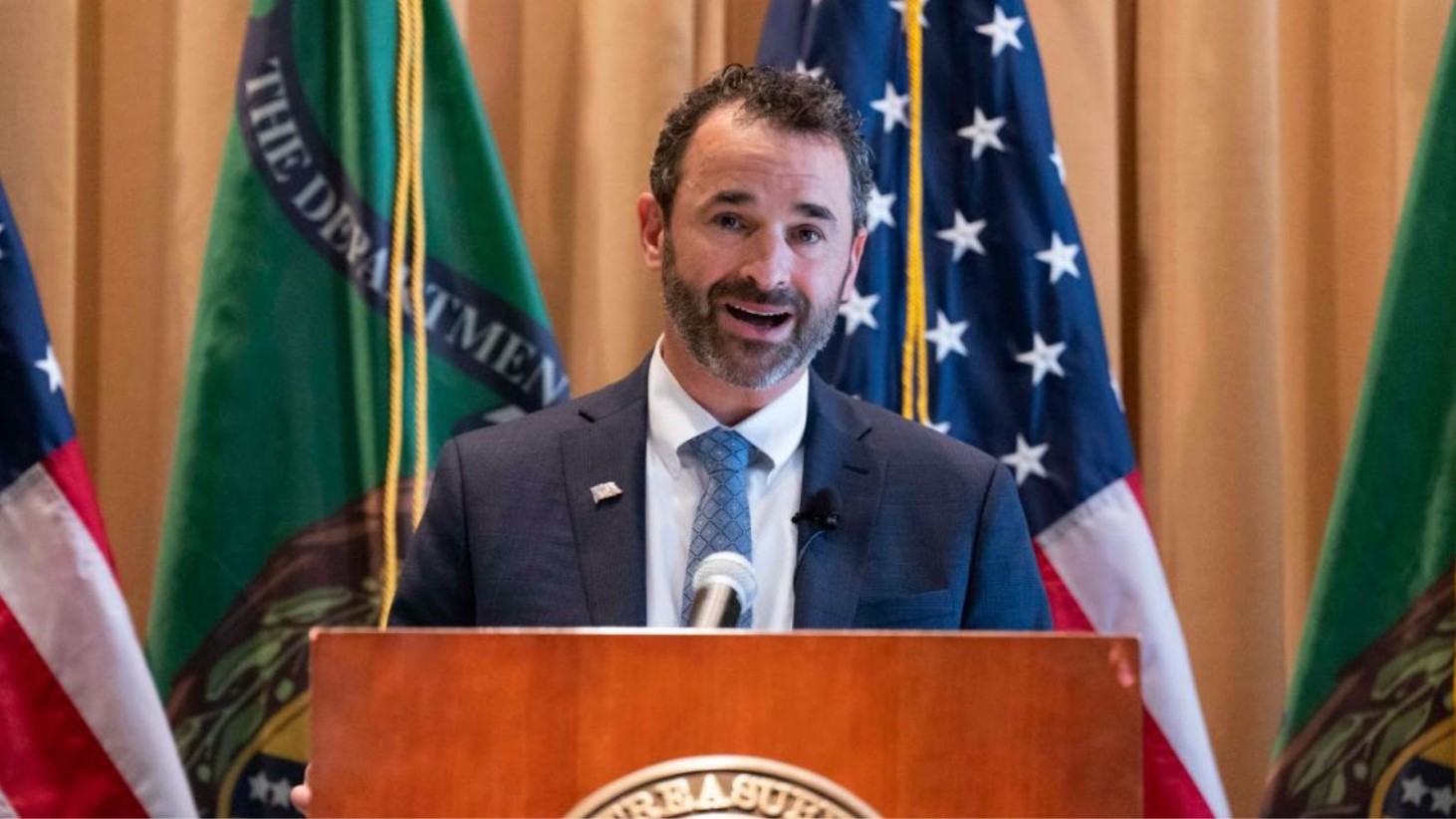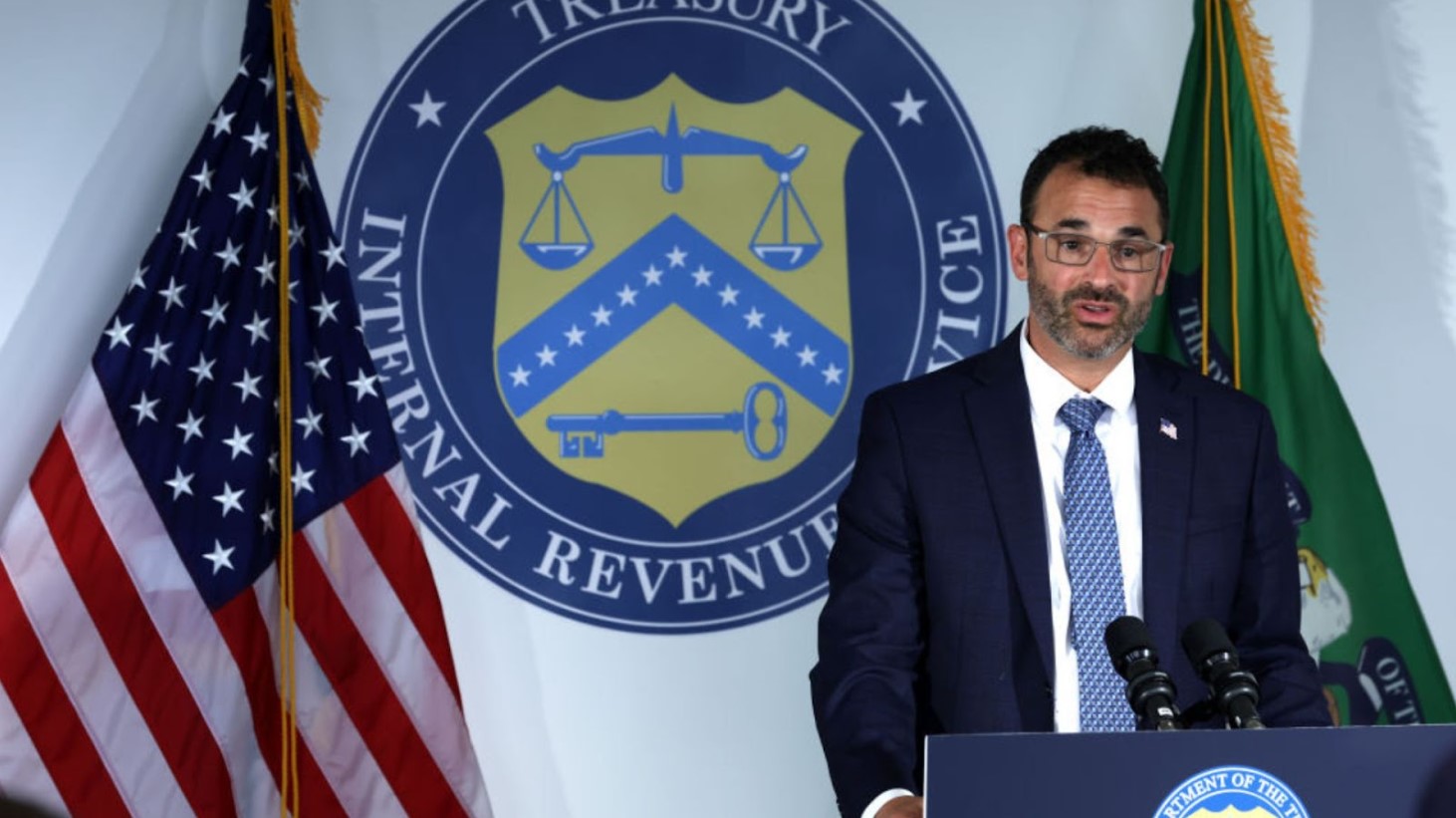The Internal Revenue Service (IRS) has made a significant announcement that will impact millions of Americans who owe back taxes. On December 19th 2023, the IRS revealed its plan to waive $1 billion in penalties associated with overdue tax bills from 2020 and 2021.
This decision comes as a response to the unique challenges posed by the COVID-19 pandemic during which the IRS temporarily stopped the mailing of automated reminders for overdue taxes.
Understanding the Context of IRS’ Decision

MoneyWise reports that during the period when reminder notices were suspended, interest and failure-to-pay penalties continued to accrue for taxpayers who had not settled their tax bills in full.
The IRS is now set to resume normal collection notices in 2024, and as a precursor to this, it is providing relief from penalties to almost 5 million taxpayers. Many of these taxpayers were likely unaware of the exact amount they owed due to the pause in reminders.
IRS Commissioner Comments on the Relief Measure

The Wall Street Journal reveals that IRS Commissioner Danny Werfel commented on the decision, stating, “We have been concerned about taxpayers who haven’t heard from us in a while suddenly getting a larger tax bill.”
He emphasized that the IRS aims to support taxpayers, considering this penalty relief as a practical approach to assist those affected by the pause in reminder notices.
Criteria for Receiving Penalty Relief

In January 2024, the IRS plans to send out special reminder letters to those taxpayers affected by the pandemic-related pause in payment reminders, as per information from the Wall Street Journal.
These letters will inform them of their liability, ways to pay their bill, and the details of any penalty relief received.
Who Is Eligible for the Penalty Relief?

The IRS estimates that approximately 4.7 million tax returns are eligible for this relief, encompassing individuals, businesses, trusts, estates, and tax-exempt organizations.
This relief translates to about $1 billion in savings for taxpayers, averaging about $206 per return. Notably, nearly 70% of the individual taxpayers receiving this relief have incomes below $100,000 per year.
Automatic Application of Penalty Relief

CNBC reports that the IRS has stated that penalty relief will be automatically applied to eligible taxpayers.
For those who have already paid their full balance and the associated failure-to-pay penalties for 2020 and 2021 debts, the IRS will issue refunds or apply credits towards other outstanding tax liabilities.
Professional Perspective on the IRS Move

Jim Buttonow, a certified public accountant in Summerfield, N.C., shared his views with the Wall Street Journal, describing the IRS’ decision as unprecedented.
“This is a gift,” he said, noting that the absence of a reminder wouldn’t typically be considered a reasonable cause for granting penalty relief. Buttonow, who has nearly 20 years of experience in IRS compliance, stressed the unique nature of this move.
Importance of Addressing Outstanding Tax Debts

While acknowledging the IRS’ supportive gesture, taxpayers are reminded of the importance of addressing their tax debts.
MoneyWise notes that IRS Commissioner Werfel advised, “The IRS wants to help taxpayers and provide them easy options to deal with unpaid tax bills and avoid additional interest and penalties.”
Resumption of Penalty Charges in 2024

The IRS has clarified that the waiver of late-payment penalties is temporary and specific to unpaid balances from the tax years 2020 and 2021. The penalties for these years will resume on April 1, 2024.
Darren Guillot, national director at Alliantgroup and former IRS deputy commissioner said “December to April is clearly a time taxpayers want to put this away” and noted the importance of making a plan to avoid enforcement, as reported by CNBC.
Details on the Failure-to-Pay Penalty

CNBC explains that the waiver applies to the failure-to-pay penalty, which is calculated at 0.5% of unpaid taxes per month or part of a month, capped at a maximum of 25%. It is important to note that while penalty relief is being offered, eligible taxpayers may still be subject to the failure-to-file penalty and interest.
The late filing penalty stands at 5% of unpaid taxes per month or part of a month, with a maximum fee of 25%.
Understanding the Interest Accrual on Unpaid Taxes

For taxpayers with outstanding debts, it’s important to understand how interest accrues on unpaid taxes. The IRS sets interest rates quarterly, and currently, the rate is at 8% per year, compounded daily.
This interest continues to accumulate on unpaid tax amounts, regardless of any penalty waivers or payment plans. The Wall Street Journal shares that tax experts like E. Martin Davidoff emphasize that managing these interest charges is crucial, as they can significantly increase the total amount owed over time.
Options for Taxpayers Unable to Pay in Full

Taxpayers unable to pay their full tax debt have options. Davidoff, a certified public accountant and tax lawyer, explains to The Wall Street Journal that those facing hardships can set up a partial payment plan or secure an offer in compromise with the IRS, allowing settlement for less than the owed amount.
It’s important to note that this process involves substantial financial disclosures and can take months.
